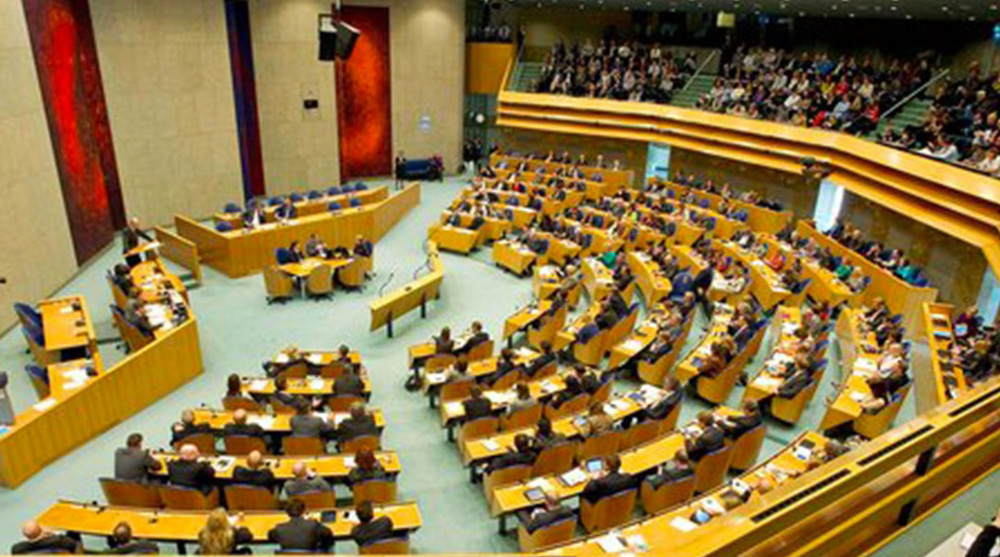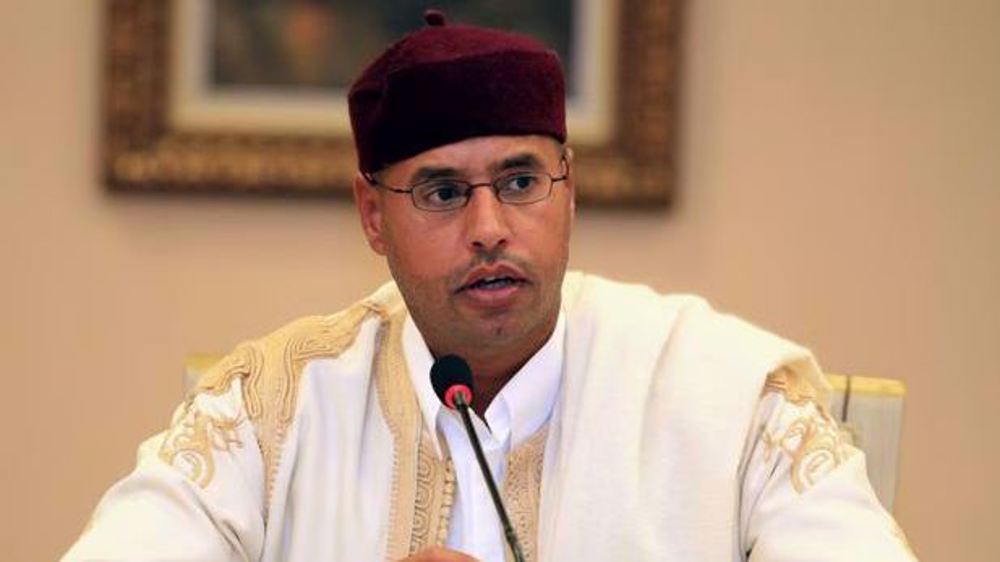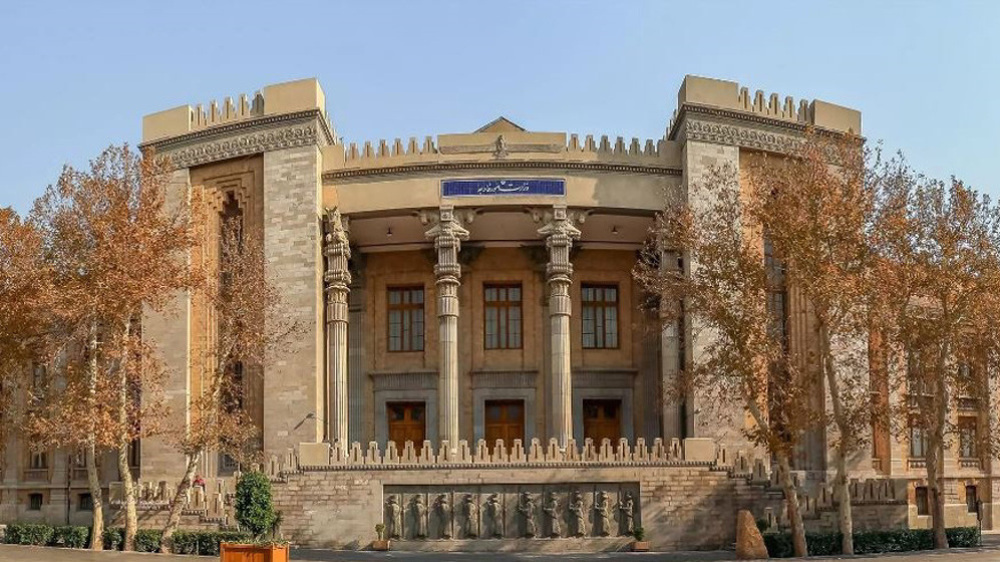Madrid fights to mend global image damaged by Catalonia
Spain is struggling to improve an international image broken by its colonial past as well as its crackdown on Catalonia’s push for independence in 2017.
Spain’s reputation declined in Germany, Italy and France after Catalonia moved ahead with a banned independence referendum in October 2017 and prompted a heavy-handed response by Spanish security forces, according to a study by the Madrid-based think-tank Elcano Royal Institute which was released Saturday.
Catalan activists have compared Madrid’s handling of the independence bid to the brutal repression by the dictatorship of General Francisco Franco. They describe Catalan leaders arrested by Spanish authorities over involvement in the separation bid as “political prisoners.”
In a bid to repair his country’s reputation, the government of Spanish Prime Minister Pedro Sanchez established a new public diplomacy agency last October -- called Espana Global (Global Spain) – to lead Madrid's push-back against what it portrays as years of unchecked disinformation by the Catalan independence movement, insisting that it has distorted the world's view of Spain.
"Spain unfortunately has not proposed an alternative narrative until now," said Spain’s Foreign Minister Josep Borrell in an interview published Friday in Catalan daily El Periodico de Catalunya. "We have to dedicate much more energy, time and resources to the defense of Spain as a country that is on a par with any Western democracy."

The goal of Global Spain is to “defend Spain’s democratic reputation,” said its director, Irene Lozano, a journalist and former lawmaker who is close to Sanchez. The agency has an annual budget of $1.1 million.
Spain has also come under fire recently for its conquest of Latin America after Mexican President Andres Manuel Lopez Obrador demanded in March that Madrid should apologize for the abuses inflicted on the indigenous peoples of Mexico.
The development came following a move last November by the Los Angeles city hall in the US to take down a statue of the 15th-century explorer Christopher Columbus, who a local official accused of representing "a very violent past."
Madrid, however, considers such sentiments as modern day manifestations of the "black legend" of Spain's past which blames Spaniards for cruelty and intolerance. Spanish officials have alleged that the country's rivals -- notably the British Empire -- began promoting the anti-Spain propaganda in the 16th century.
Moreover, as part of Madrid’s bid to defend the reputation of Spain, the country has assigned one person at each Spanish embassy or consulate -- around 200 people -- to monitor its image abroad, Lozano added.
However, there are still signs the Catalan separatists' criticism continues to influence the public opinion abroad.
In March, 41 French senators with various political affiliations signed a communique denouncing what they described as the "repression" of Catalan politicians "who have been imprisoned or forced into exile because of their opinions."
Earlier this year, Germany’s far-left Die Linke Party also filed a parliamentary motion censuring the trial of the Catalan leaders.
Madrid suspends 4 pro-independence lawmakers
Meanwhile, Spain’s lower house of parliament suspended four jailed lawmakers on Friday that are on trial over their role in Catalonia’s failed independence efforts in 2017.

The four men were elected on April 28 in a national election that delivered a deeply divided parliament.
Oriol Junqueras, Jordi Sánchez, Jordi Turull, Josep Rull went on trial on allegations of rebellion, sedition and misuse of public funds linked to the independence referendum and subsequent unilateral declaration of independence by Catalonia. Madrid had banned the referendum and imposed direct rule on the northeastern region for a period.
The defendants deny the allegations and insist the trial is an act of political repression.
Israel finalizes execution plans for Palestinian abductees after Knesset vote: Report
VIDEO | Press TV's news headlines
VIDEO | Pakistan mosque attack in Islamabad sparks protests in Kashmir, Kargil
Hamas condemns Israel's 'fascist settler-colonial' project aimed at annexing West Bank
Iran's Greco-Roman wrestling team wins championship title at Zagreb Open 2026
VIDEO | UK arrests Press TV contributor amid crackdown on pro-Palestine activism
VIDEO | Axis of Resistance stands as multinational front for justice
Swiss academics call for end to research treaty with Israel over Gaza genocide














 This makes it easy to access the Press TV website
This makes it easy to access the Press TV website